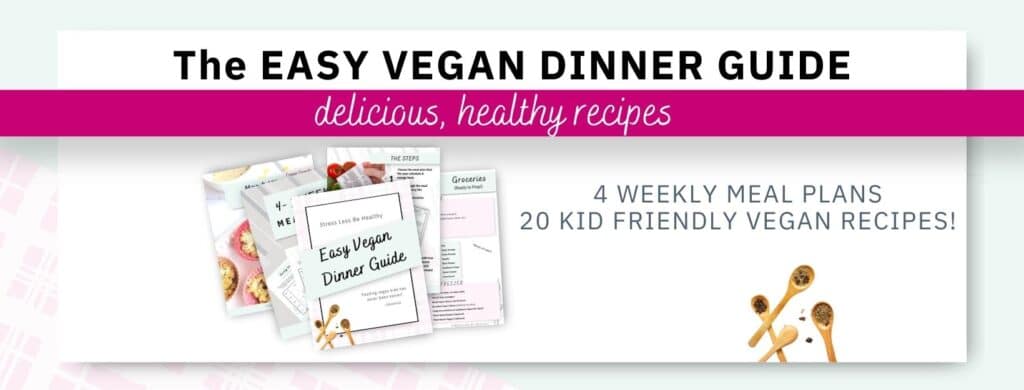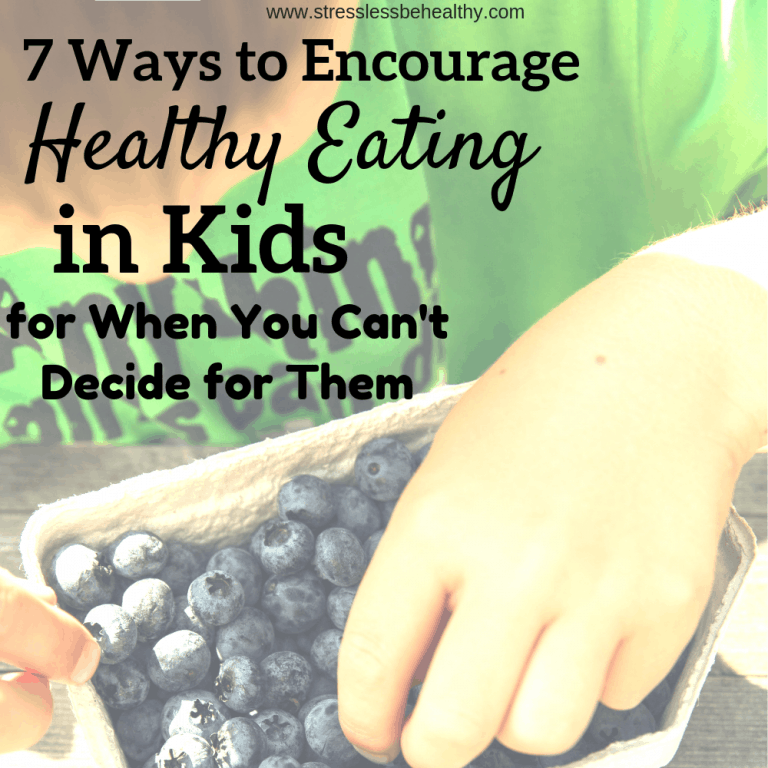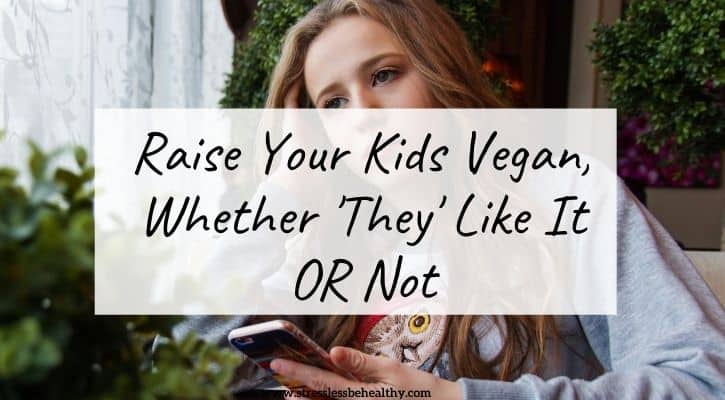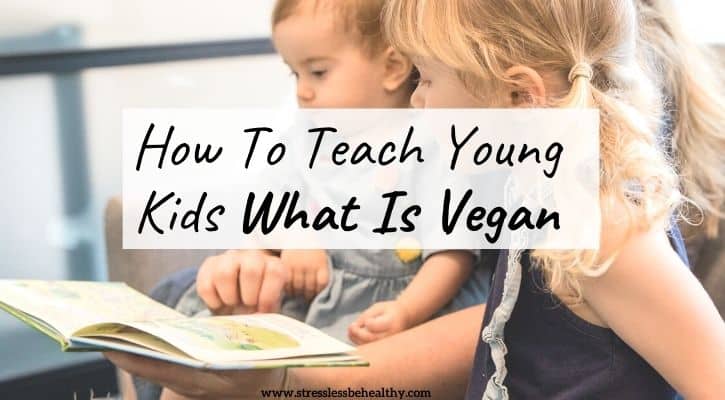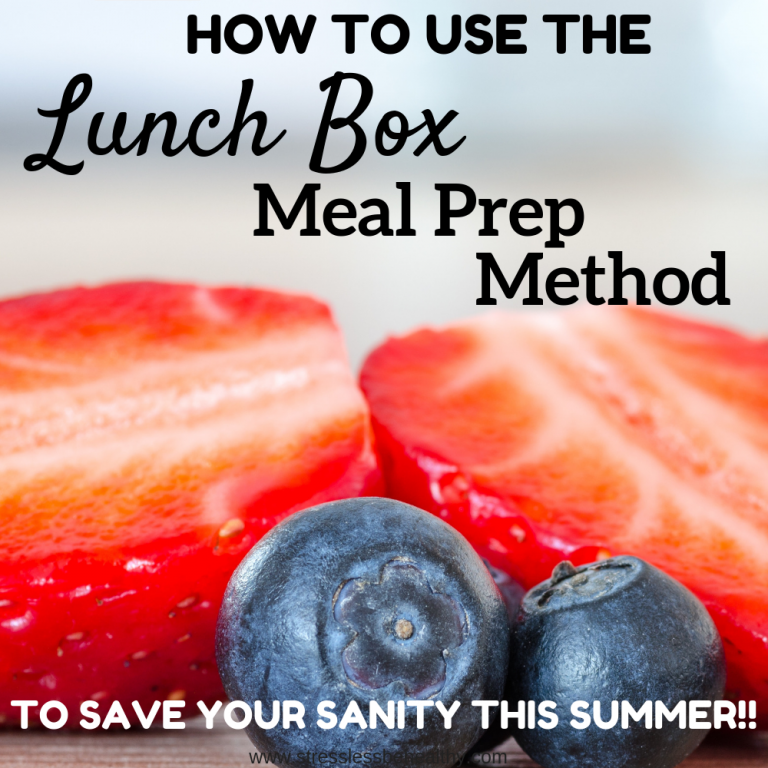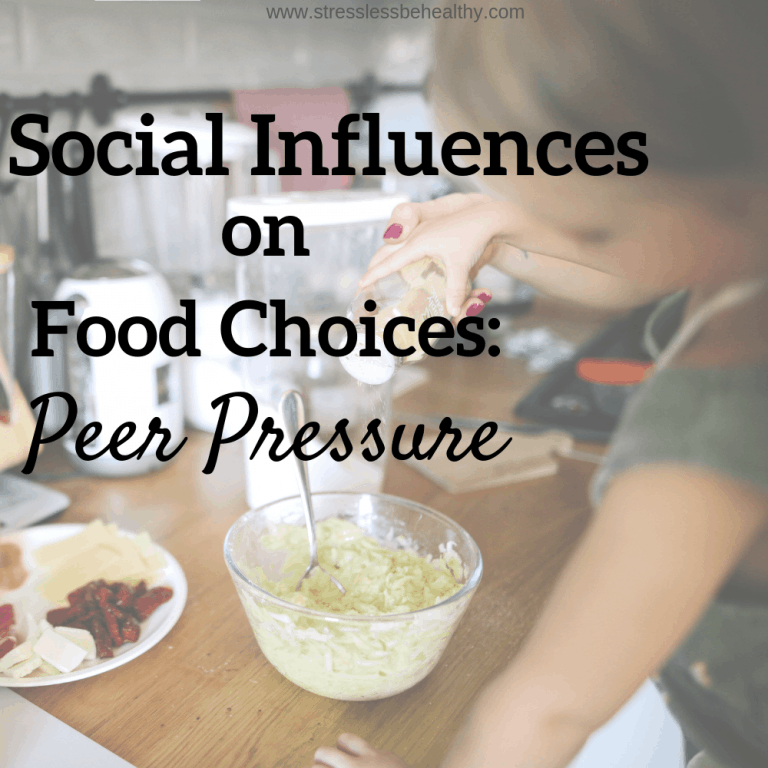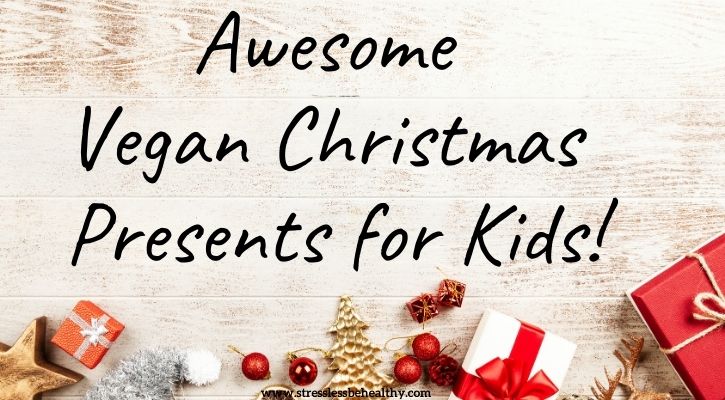How to Teach Pre-teens and Teens Know What Is Vegan
*Disclosure: some links may contain affiliate links. For more information on what this means, visit my disclosure page.
This article will help you help your pre-teen and/or teenagers know what is or isn’t vegan! Surprisingly, even young adults sometimes don’t know what is or isn’t vegan and it’s all because they weren’t taught! They don’t teach this stuff in schools…
If you have younger kids, be sure to read How To Teach Young Kids What Is Vegan as that article goes over helping preschool and elementary school aged kids what is and isn’t vegan!
This article is also a part of the Ultimate Guide to Raising a Vegan Child, to start the guide from the beginning, go HERE.
Teens and pre-teens are a little different than younger kids, though.
They’re a bit more mature, can handle a bit more truth when it comes to the food industry, and hopefully they have a better understanding of how detrimental animal agriculture is to their health and the planet!
I’m not saying that younger kids don’t or can’t understand, I know a child (that I may have been raising for the past almost 8 year) who understands those concepts better than a lot of adults do!
But the prefrontal cortex of a teens brain is a bit more developed than a young childs, allowing them deeper thoughts and comprehension.
However, some of the strategies you’ll find are similar to the ones used for younger kids.
But, teaching them what is vegan is more about teaching why eating vegan/plant based foods is best, more so than teaching them the names of vegan/non-vegan foods
Teaching Adolescence and Young Adults What is Vegan
Adolescence; where children usually enter the weird phase in life called puberty…
Teach them Food Mood Connection
With the onset of puberty, especially for girls, paying attention to the food mood connection will play an even bigger part in what they eat (or should eat) and how they feel.
Kids at this age can have some pretty big emotions and eating certain foods can either help them from exploding emotionally, or just fuel the volcano of emotions.
As you may have guessed, eating plant based foods and avoiding animal products is what will help keep their emotions manageable.
Another big issue when it comes to puberty for girls is having to deal with PMS. And as you probably know, it’s not only her who has to deal with it, but it is much worse for her than her family. Especially if there are cramps involved!
Luckily, there has been research done on this topic and the results show that eating a plant based diet with whole grains, beans, fruit & veggies, and a B12 supplement will help reduce the pin and how long the cramps last and even help with energy levels!¹
Now that’s something exciting you should share with your daughter!
Make sure your children have a journal set up so they can figure out on their own what foods make them feel good and which don’t.
At this age they may start not wanting you monitoring every little thing they eat or asking them how they feel after eating something; so having a place to write this information down and make their own decisions will help them figure out by themselves what is best for them to eat!
Help Them Understand the Benefits of Eating Certain Foods, And Avoiding Others (Such as when it comes to puberty)
The benefits of a plant based diet was just touched on for PMS symptoms, and how it helps decrease those symptoms. But, the advice was a bit generic, and maybe your kids want to know exactly what foods provide them with which benefits.
They’re probably being told in health class at school that it is super important for them to drink a ton of milk at this age to help build strong bones.
However, the health teacher only has that partly right, unless they specify that kids should be drinking non-dairy milk!
This is a prime time to help them build strong bones, but strong bones don’t come from milk itself.
Building strong bones
Building strong bones through what your child eats comes from absorbing enough calcium!
Calcium can be found in fortified foods, like non-dairy milk, or in:
- Kale
- Collards
- Napa
- Cabbage
- Bok Choy
- Broccoli
- Okra
- Soy Beans
- White Beans
- Navy Beans
- Great Northern Beans
- Black Turtle Beans
- Blackstrap Molasses
- Figs
- And more!¹
It is important for your kids to know that getting enough calcium in their diet isn’t enough for strong bones.
Their bodies also have to be able to absorb it, and they need Vitamin D to help with that!
Vitamin D can’t be found in food, unless the food is fortified with it.
Vitamin D comes from the sun! So it’s important for them to go outside everyday!
If you live in an area with not a lot of sun, or for some reason they aren’t able to get outside as much as they should, they should take a supplement. (This is the Vitamin D supplement I give my kids.)
To learn more about Vitamin D, be sure to review Nutrients for Vegan Kids: What Vitamins You NEED To Supplement
Weight bearing exercise is also important for building strong bones, but that isn’t necessarily diet dependent.
Their Skin
Another area they may be interested in when learning about what foods are vegan and plant based, and which aren’t and why it’s so important to not consume animal products, is their skin.
Animal products are known to cause inflammation inside the body, that’s part of the reason for all of the chronic health issues associated with that type of diet; but, they are also the cause of skin problems for many people, more specifically your pre-teens and teens will want to avoid any products that use the ingredients below;
- Cows milk
- Whey (Make it a point to tell your kids this, especially if they get into weight training and protein powders, whey makes its way into a lot of protein powders available on the market.)
- Fish
Luckily, most vegan foods lend themselves to improving skin, along with drinking plenty of water throughout the day.
Water is like a miracle solution to having nice skin, whether drinking it or being sure to wash your face with it everyday!
Soy products, such as tofu and other products, have also been found to have components in them to help protect skin health!¹
And if your adolescent is looking for that natural healthy skin glow; they can find it in carotenoid-rich fruits and veggies! AKA- red, yellow, orange, and green fruits & veggies, like oranges, bell peppers, and so many more!
If you would like to continue reading more about different healthy plant foods and their benefits that your adolescents would appreciate, continue reading HERE.
Documentaries & Books!
Whether your kid is a true vegan activist, or aren’t appreciative of you helping them transition to a vegan diet; there may come a point where they just don’t want to listen to you.
Don’t be hurt by this, it’s part of their development and figuring out who they are.
They don’t always want to be told what to eat, when to eat or why they should or shouldn’t eat certain foods.
Of course, you know how important learning is for them to develop a healthy relationship with food and know which foods are good for them (plants) and which aren’t (animal products) and the names are so they can become familiar with them.
Unfortunately, you may not be the ‘teacher’ they will pay attention to or even hear out at this stage.
That is why having documentaries (available on streaming services or even youtube) and books available to your child is so important!
How they choose to learn can be up to them, we all learn in different ways, and having different ways to learn will help them understand the material better.
Some of the documentaries that are great for learning about health are:
- What The Health
- Food Choices
- Forks Over Knives
- Food Inc.
Anything with Dr. Esselstyn, Dr. Campbell, or Dr. Gregor in it is great!
If they prefer books, they may be a bit old for kids vegan books.
And the adult books may or may not be too much for them.
Though I do highly recommend the book How Not to Die by Dr. Micahel Gregor and Becoming Vegan: The Complete Reference to Plant-Based Nutrition (Comprehensive Edition), by Branda Davis, RD & Vesanto Melina, MS, RD for parents to read!
There are very few books for teenages on the topic, I have come across one (but have not had a chance to read it myself): Generation V: The Complete Guide to Going, Being, and Staying Vegan as a Teenager
Teach While You Cook Together
If your pre-teen/teenager isn’t cooking with you, or hasn’t learned to cook and make their own food yet; now is the time!
It may not be the most interesting thing in the world for them, learning to cook. But, I bet they’ll appreciate knowing how to make their own food, when they leave home and don’t have to eat out everyday!
When cooking, or making food, talking about food is natural.
You have to talk about the ingredients.
And simply by saying the word ‘vegan’ in front of the ingredient or food, your teen might start to understand that that food isn’t always vegan, which is why you have to say ‘vegan’ in front of it.
Such as when you make vegan pancakes, french toast, or you need them to get you the vegan worcestershire sauce.
Those foods weren’t first vegan. ‘Normal’ pancakes and french toast use eggs and milk. Vegan versions don’t.
‘Normal’ worcestershire sauce has anchovies in it. Make sure they know that anchovies are a type of fish.
Some adults are still just finding that out; they had thought it was a vegetable all their lives! Who knows why, maybe their parents wanted them to eat it and that was the only way they could!
You can also tell them why you use what you use, especially if substituting one ingredient for another.
For example, if you use applesauce in pancakes (such as these super cheap vegan pancakes) in place of the oil or eggs people would normally use in pancakes. It’s healthier!
Or how you replace regular eggs in baking with flax eggs or chia eggs. Not only is it vegan, but it also gives you more protein, fiber, or omega-3 fatty acids!
Just think about what you use in baking or cooking and how you do it. Explain it all to your adolescent, so that they know for when they need to know; whether or not they care to know now!
Make It Memorable!
Adolescents are young adults, it’s probably about time you start treating them like it and help them remember WHY they shouldn’t want to consume animal products.
I don’t know your child personally, but at this age they’ve been through at least one health education class in school, so they should be mature enough to know the truth about animal agriculture without it being too watered down.
For example, what could be an easy way to help your teen not want to eat eggs from animals?
Tell them the truth!
An egg is a chicken’s period.
Or ducks, or whichever animal it is from.
Why is it cruel to use cow’s milk?
The truth; dairy cows are forced to become pregnant, just so their calves can be taken away the minute they’re born so the moms milk can be collected for human consumption.
I bet if you have them sit there for a minute and think about that, about what it would be like to be forced to have a child, have that child stolen from them before they could even see their baby, and then have the milk that was meant specifically for their baby be taken away, sold, and used for another specie.
It’s so wrong that cows are used this way. It’s hard to comprehend how people can be so cruel. Hopefully this thought is what goes through your teens mind.
This is the age group that will understand what is and isn’t vegan the best and understand why it’s important to be vegan, on a deeper level.
They can google that!
There has never been an easier time to know what is and isn’t vegan, most knowledge can be found by asking this wonderful thing that most kids are aware of, and honestly probably couldn’t imagine living life without; Google.
Technology will help your teen know if something, like a weird ingredient in a food that they can’t pronounce, is vegan or not; simply by talking into their phone and asking!
All Vegan Children
No matter what their age, if they have a question about being vegan or about where a certain food comes from; answer their question!
Kids can be quite curious, which makes teaching them what is and what isn’t a part of a vegan diet may be easier than one might have thought!
Didn’t start from the beginning? Start Here!
Need some inspiration for being or raising vegan? Check out the vegan quotes in Vegan Quotes: For Health, the Planet, & the Animals!
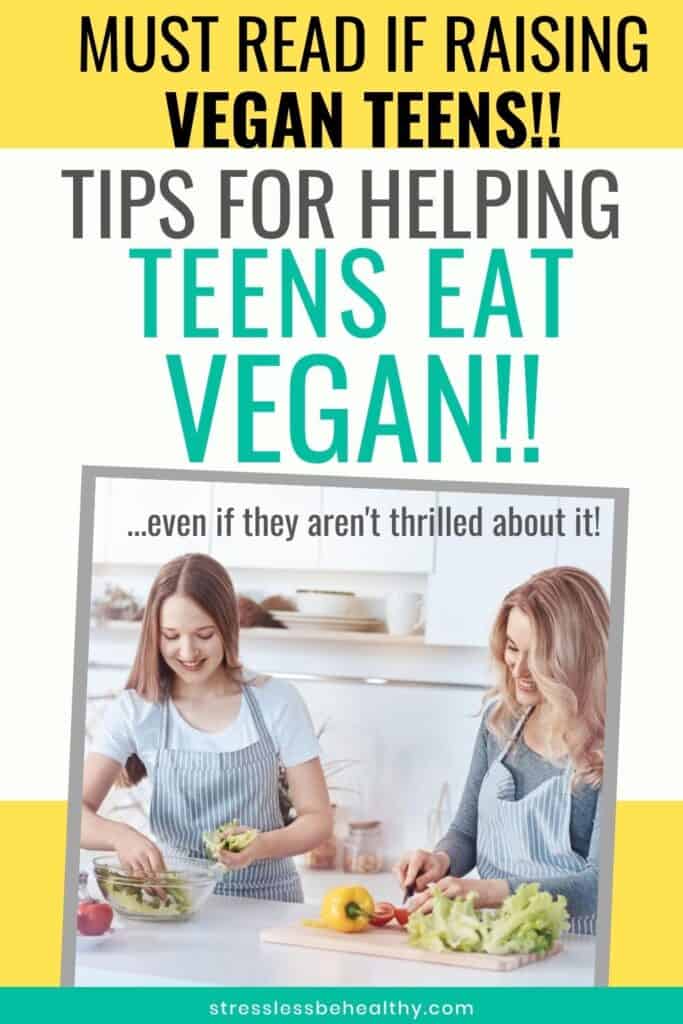
¹Becoming Vegan: The Complete Reference to Plant-Based Nutrition (Comprehensive Edition), by Branda Davis, RD & Vesanto Melina, MS, RD

